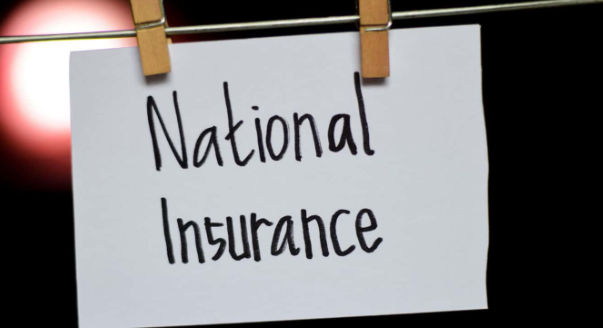There are around 4.31 million self-employed workers in the UK, all of whom will be responsible for filing their tax returns yearly.
Self-assessment is a way of reporting your income and paying taxes to HMRC. If you are self-employed or receive any other forms of income, you will need to submit a tax return and you will be responsible for paying the relevant tax and National Insurance contributions.
There are numerous benefits to ensuring that your tax is filed in advance, rather than waiting until deadline day.
Benefits
Submitting tax early gives you more time to plan for the payment of any tax owed.
HMRC will not process any over-payments or refunds due to you until you have filed a return.
Completing in advance means that you can seek help from the HMRC support line should you run into difficulty.
Allowing plenty of time for the completion of a return means that you are less likely to rush and make mistakes. HMRC imposes fines for those who have submitted errors and have failed to take reasonable care in submitting their return.
Filing tax early means you can relax in the knowledge that you won’t be facing hefty HMRC fines. For tax returns submitted even a day late, businesses and sole traders will be liable for a £100 fine.
Support
Enlisting the help of a professional to complete your tax return eliminates any stress or worry about missing self-assessment deadlines or incurring HMRC fines. A Cheltenham business advisory service such as https://www.randall-payne.co.uk/services/business-advisory can not only provide advice and assistance with tax but also with bookkeeping and accounts.
A dedicated professional can ensure that you are not missing out on any eligible tax relief that you may be entitled to, or paying more tax than you need to.


